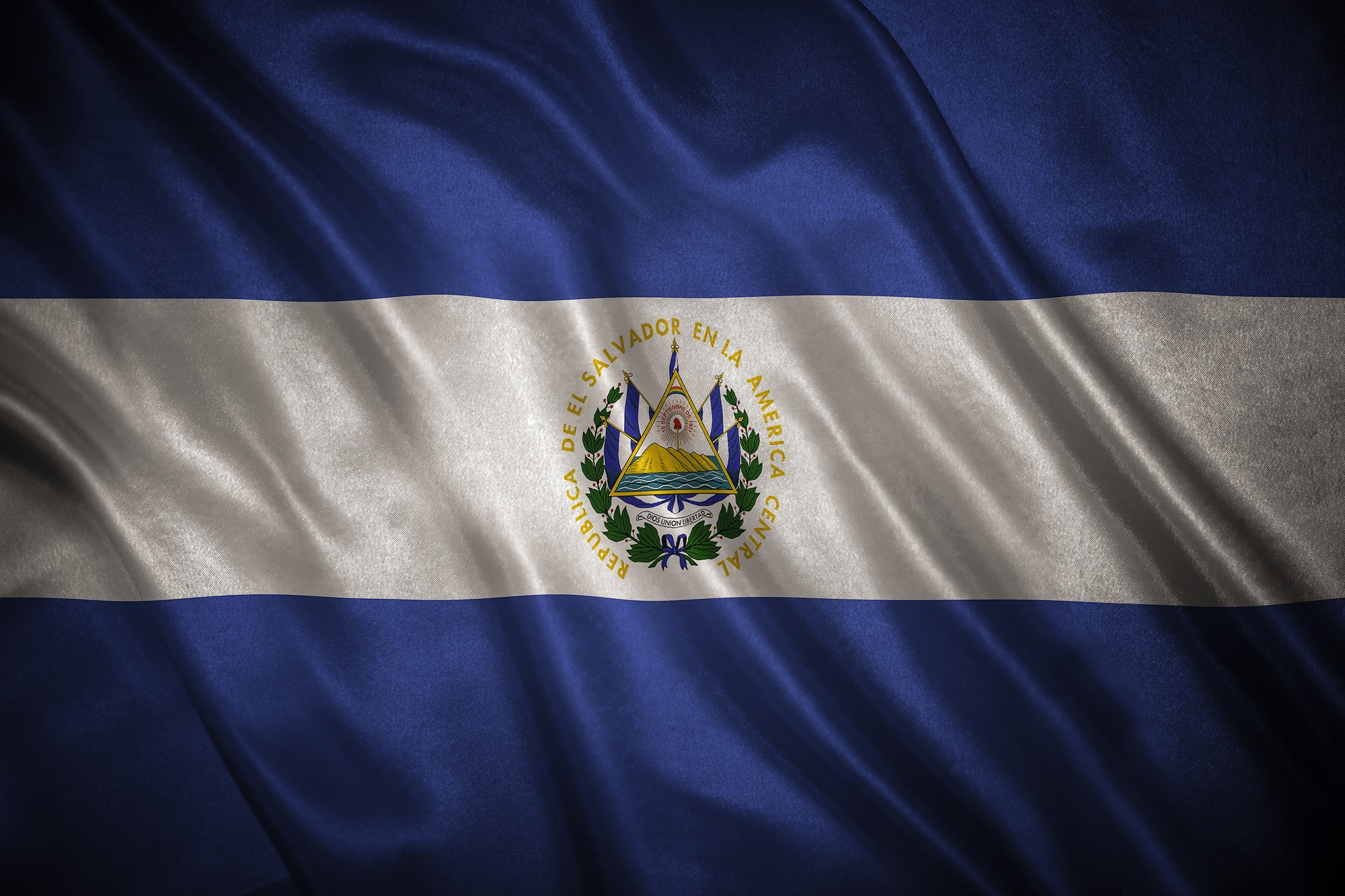El Salvador’s recent cryptocurrency activity has come under scrutiny as finance officials reveal a significant halt in Bitcoin purchases since February, contradicting government claims of ongoing investments.
In recent months, the Bukele administration has been vocal about its commitment to Bitcoin, emphasizing the country’s adoption of the cryptocurrency as a national strategy. Despite these assertions, finance chiefs have now stated that no Bitcoin acquisitions have been made since February, raising questions about the transparency and consistency of official communications regarding the nation’s crypto policy.
This discrepancy was brought to light during discussions with the International Monetary Fund (IMF), where finance officials clarified that the government has not engaged in new Bitcoin purchases for several months. The revelation has sparked debate among market analysts and economic experts about the true state of El Salvador’s Bitcoin holdings and the government’s crypto strategy.
El Salvador’s Bitcoin policy has been controversial, with supporters claiming it fosters financial innovation and inclusion, while critics warn of volatility risks and fiscal instability. The government’s public stance has been one of aggressive adoption, including the launch of Bitcoin bonds and the integration of Bitcoin into the national economy. However, the recent disclosure about the lack of recent purchases suggests a potential change in approach or strategic pause.
Impact is evident across multiple sectors, from local businesses to international investors. The inconsistency between official statements and recent disclosures may influence investor confidence and the country’s economic outlook. Moreover, it raises questions about the management of the Bitcoin fund, especially given the country’s significant holdings and the volatile nature of cryptocurrencies.
Market analysts are closely monitoring the situation, with some suggesting that the government might be reevaluating its crypto policies in light of market conditions or internal financial pressures. The IMF’s involvement also indicates ongoing negotiations concerning economic policies and financial stability in El Salvador.
Looking ahead, the key areas to watch include upcoming government statements, potential new Bitcoin transactions, and the country’s overall approach to integrating cryptocurrency into its economy. The next steps could significantly influence El Salvador’s fiscal health and its position in the global crypto landscape.
What is the reason behind El Salvador stopping Bitcoin purchases?
The official explanation is not yet clear, but it could be related to market volatility or strategic reassessment by the government.
How might this affect investor confidence in El Salvador’s economy?
The inconsistency might cause concern among investors, potentially impacting the country’s credit outlook and foreign investment.
What are the potential risks of El Salvador’s current Bitcoin policy?
The main risks include increased exposure to cryptocurrency market fluctuations and possible fiscal instability if Bitcoin holdings decline in value.







